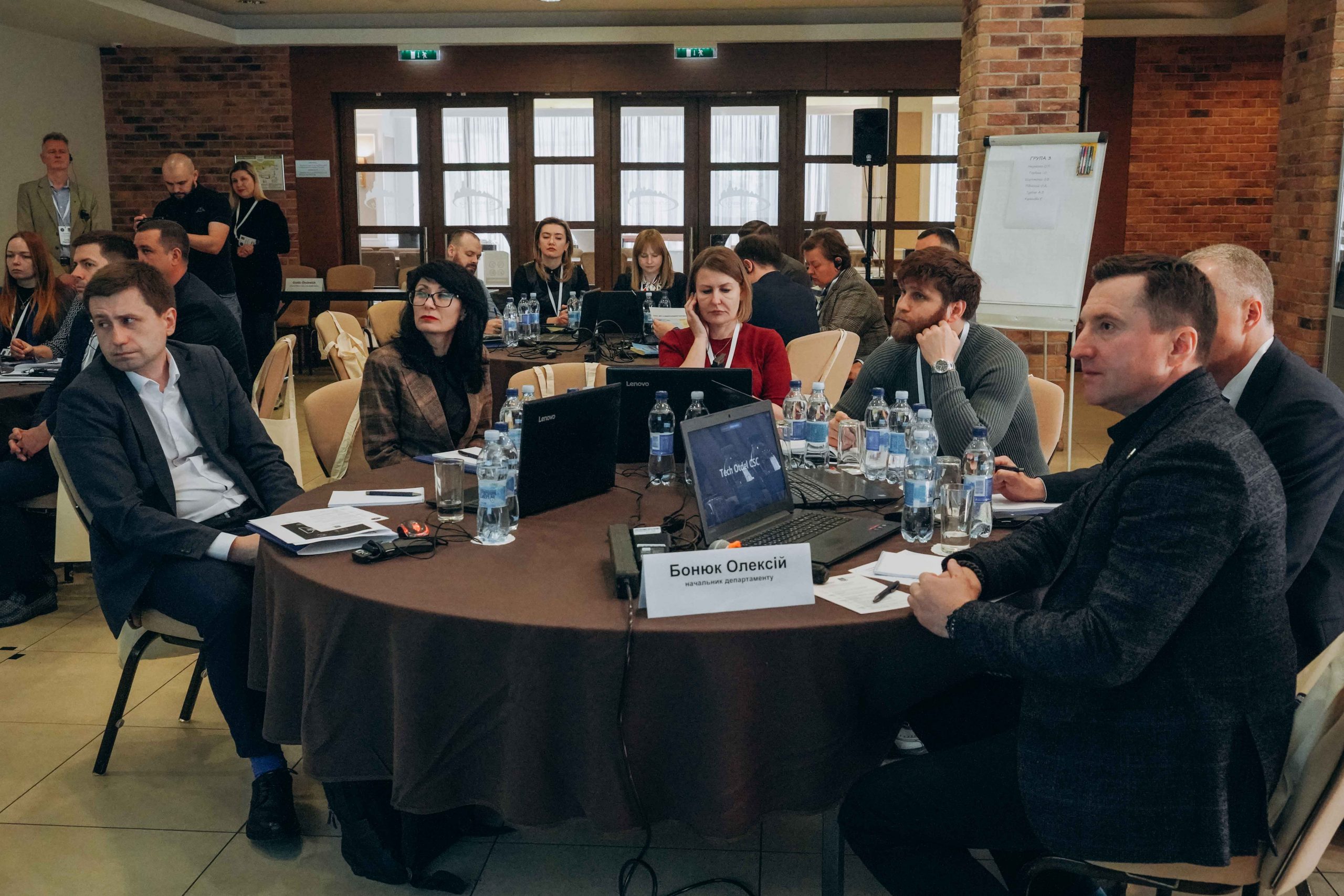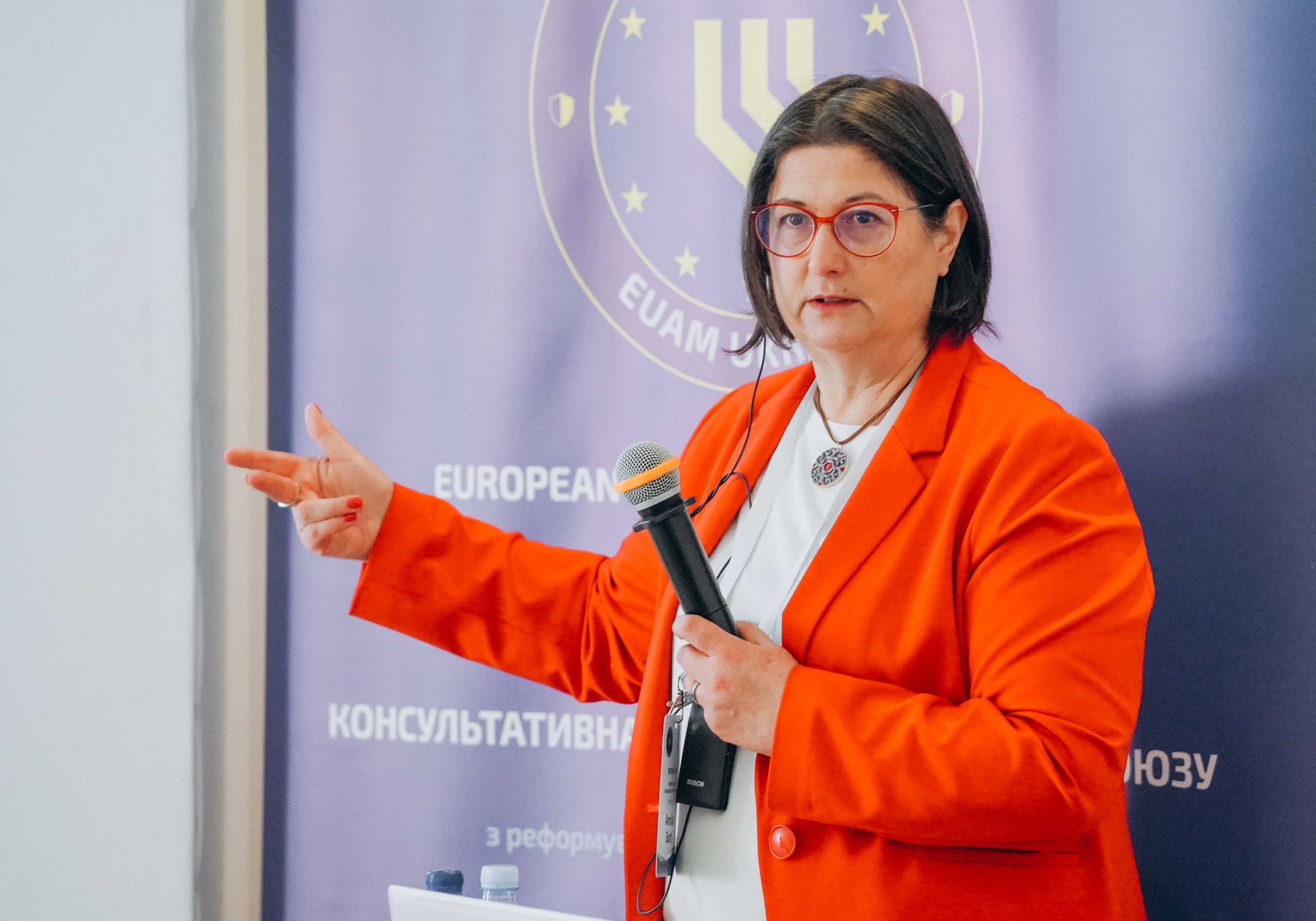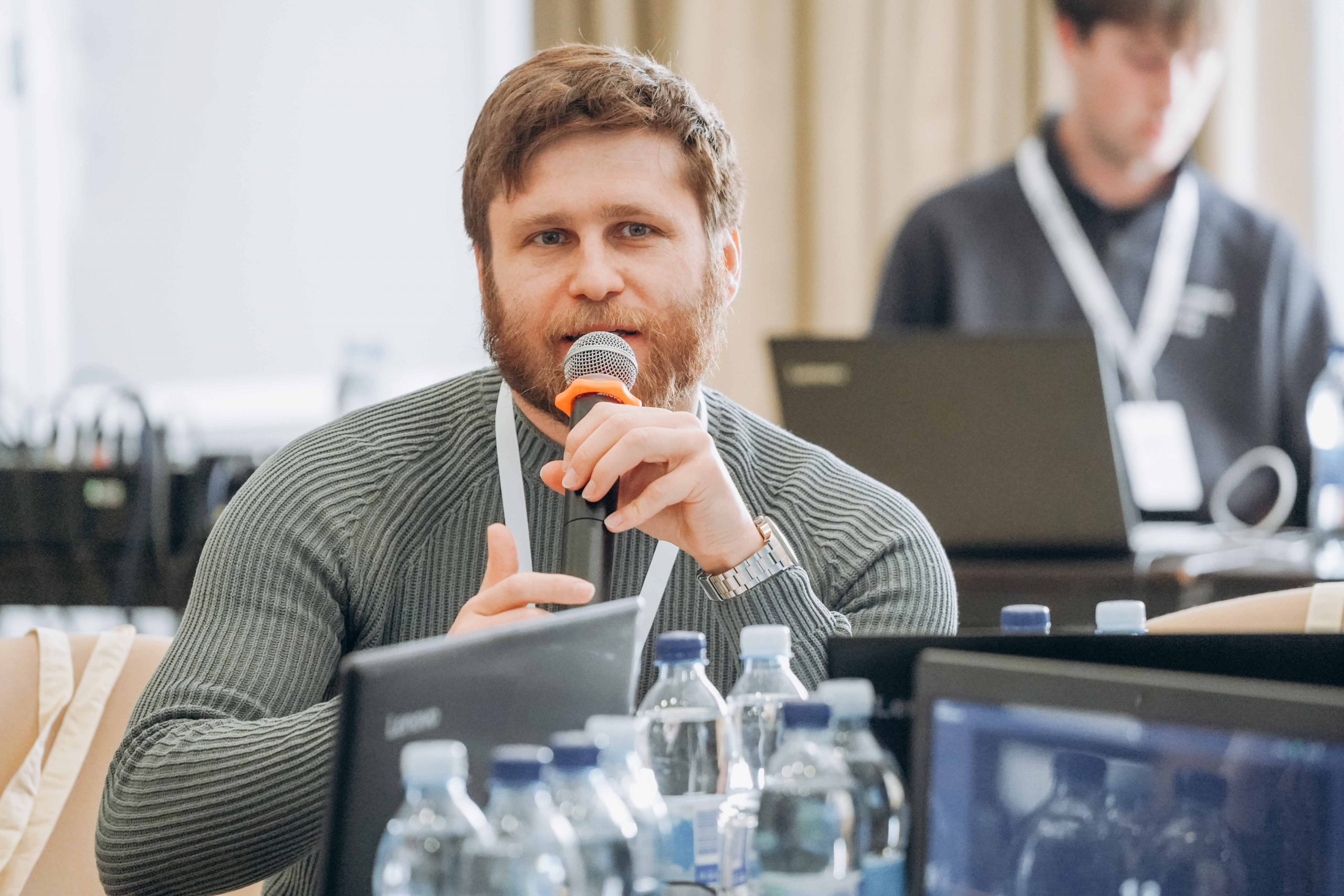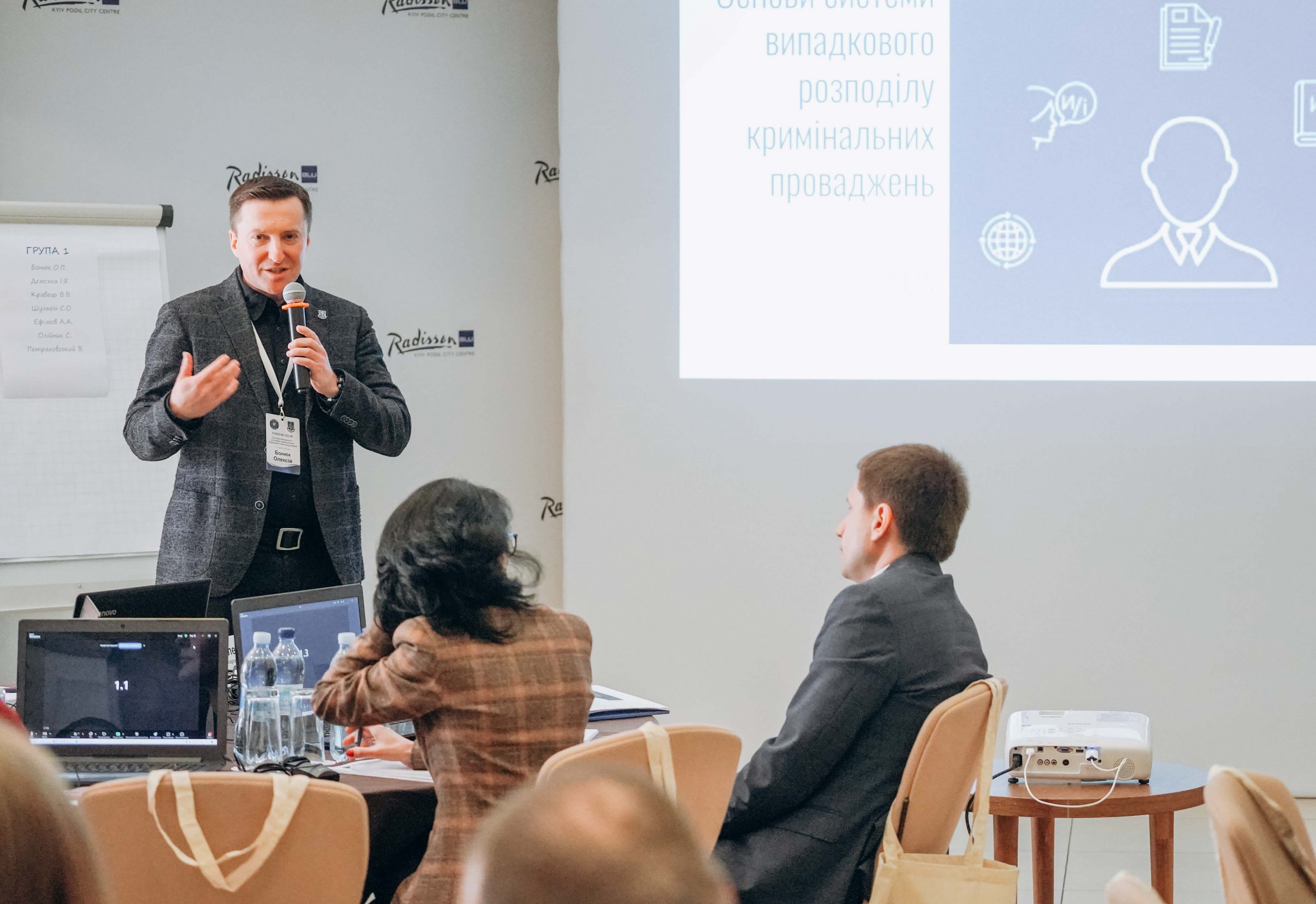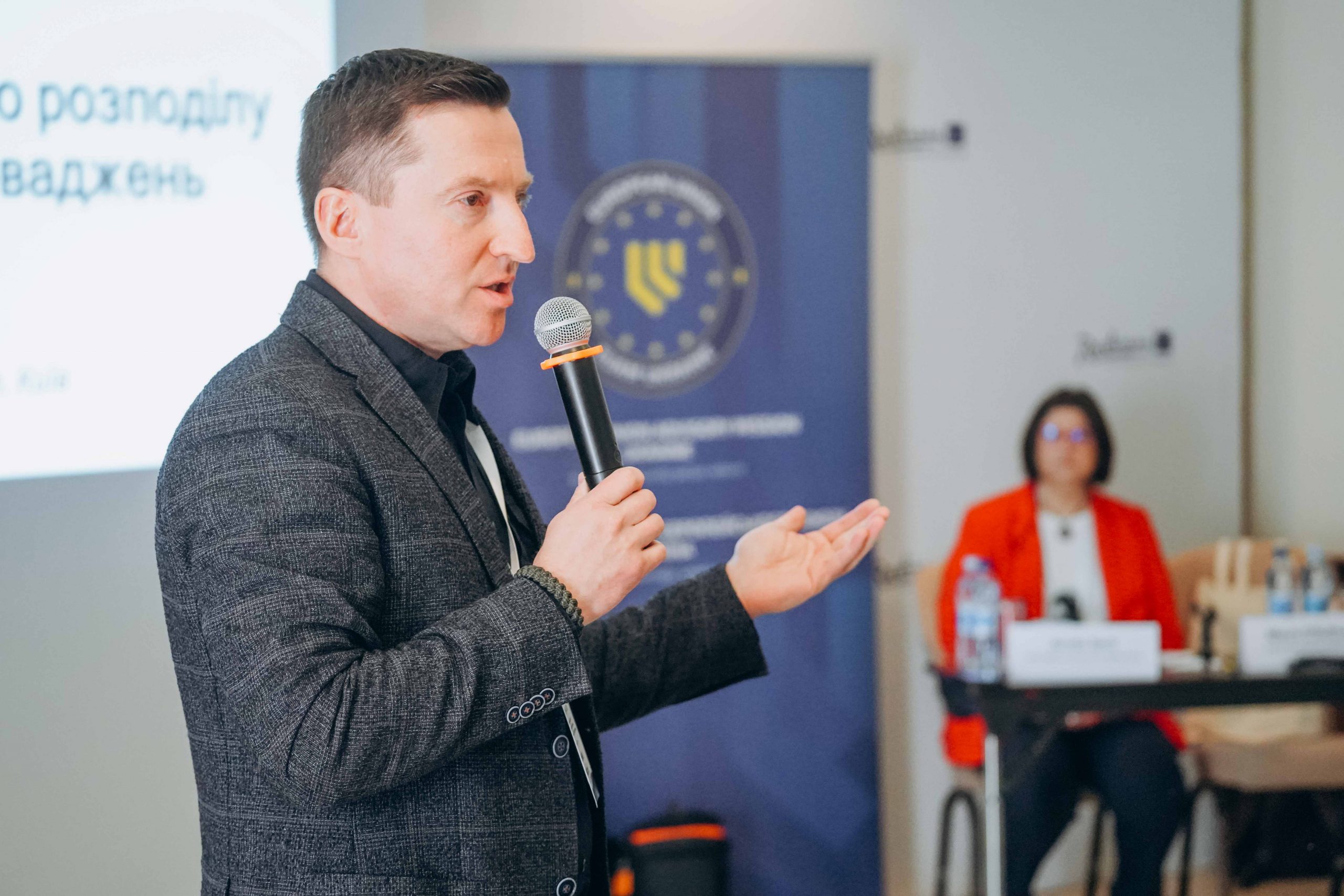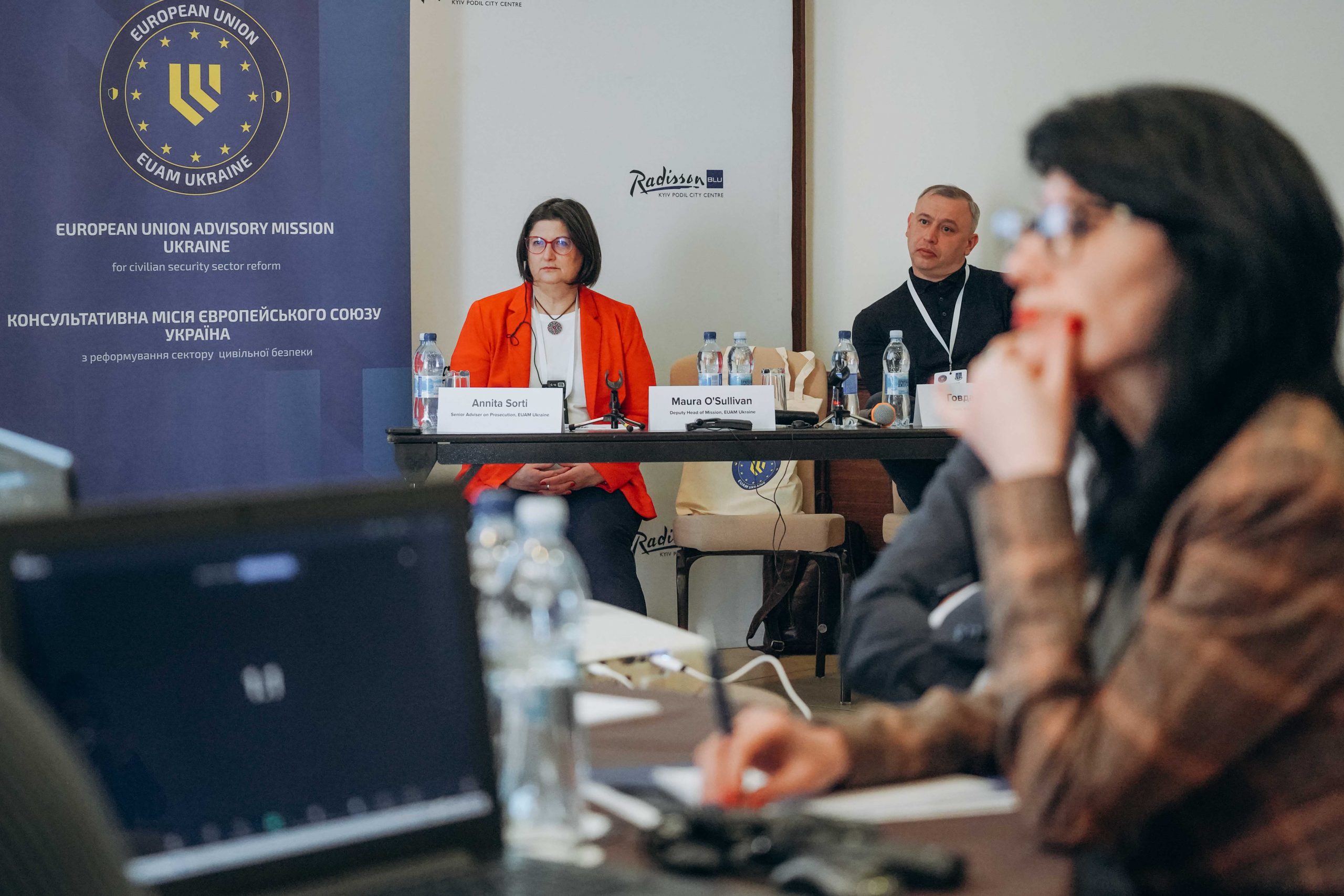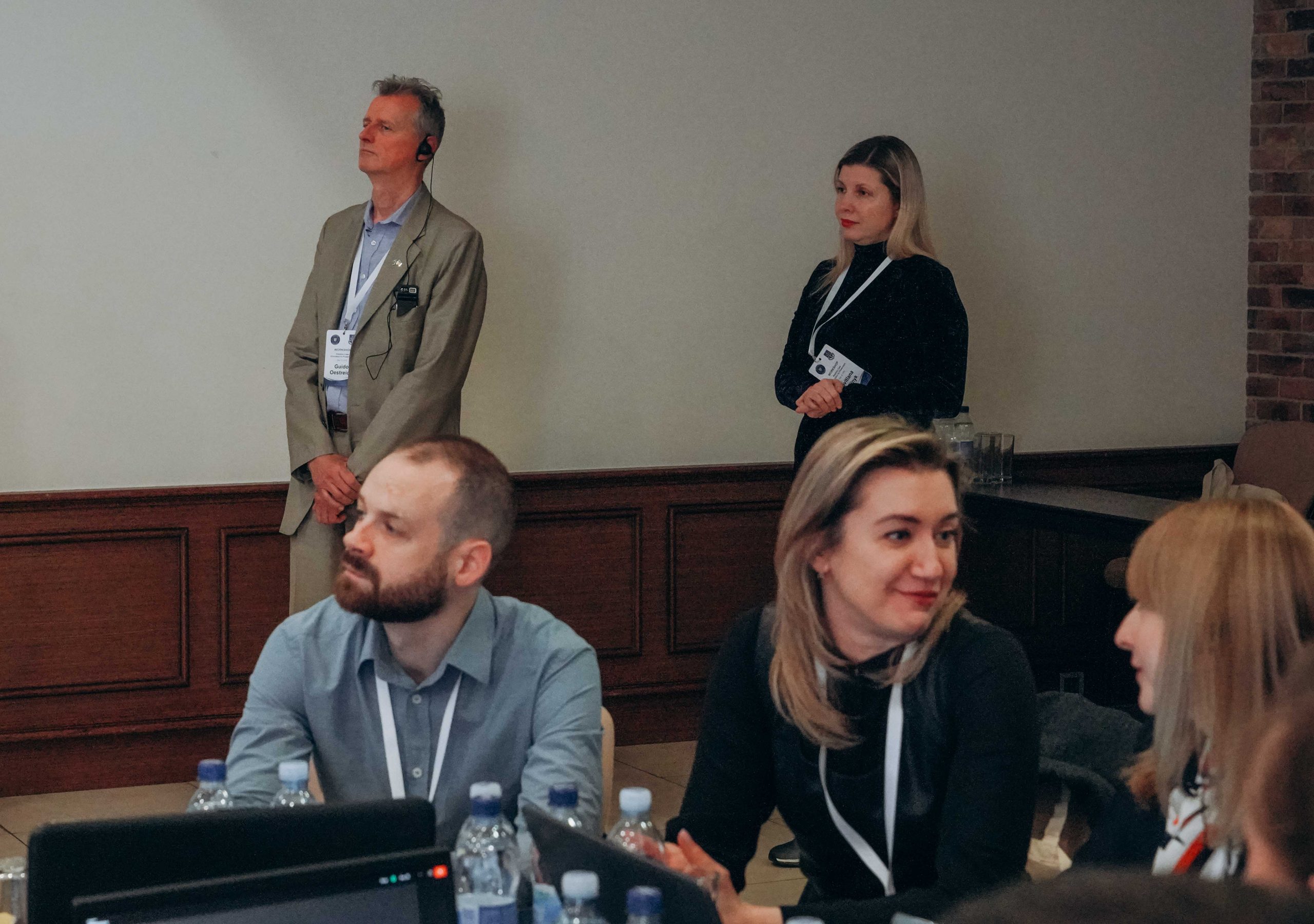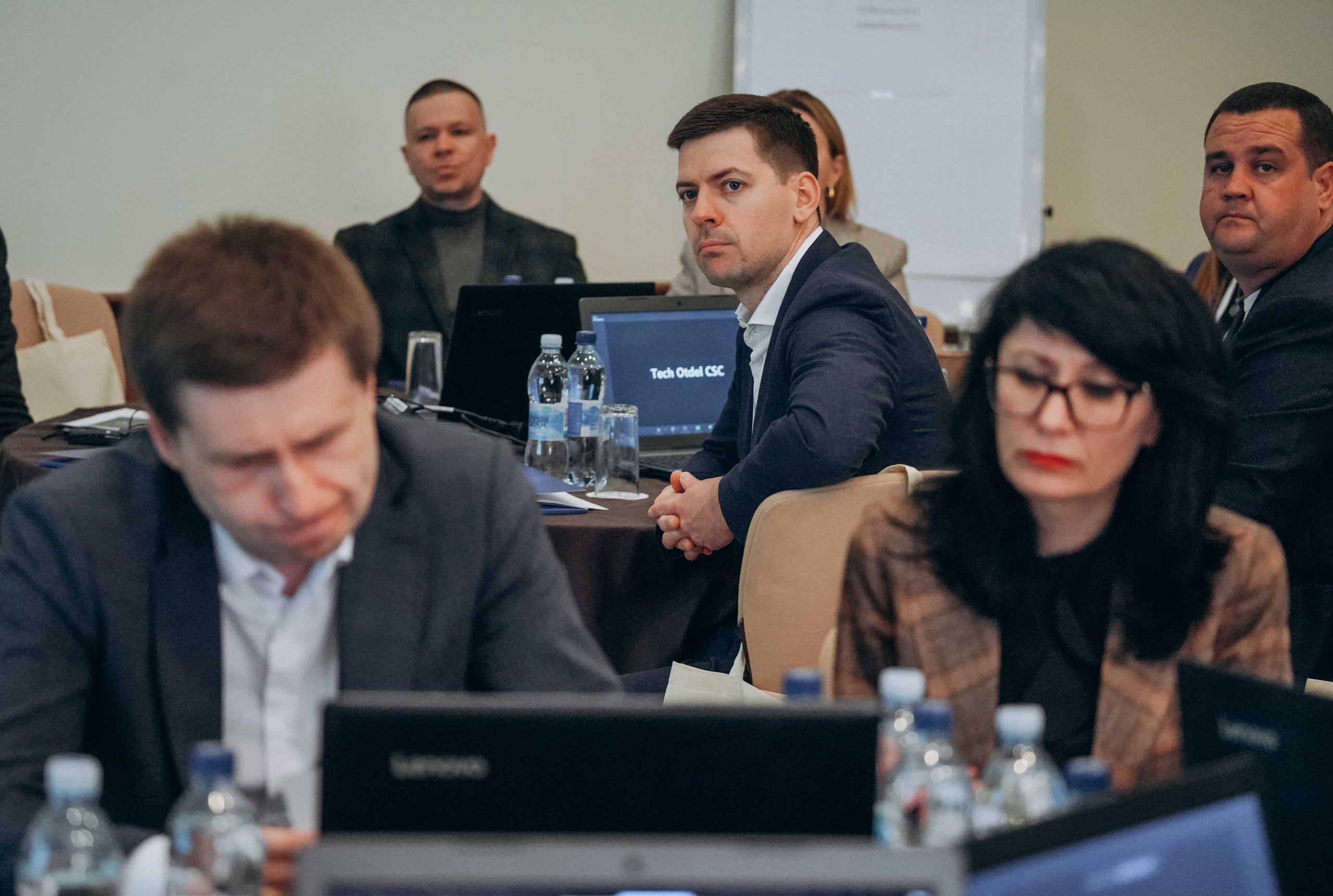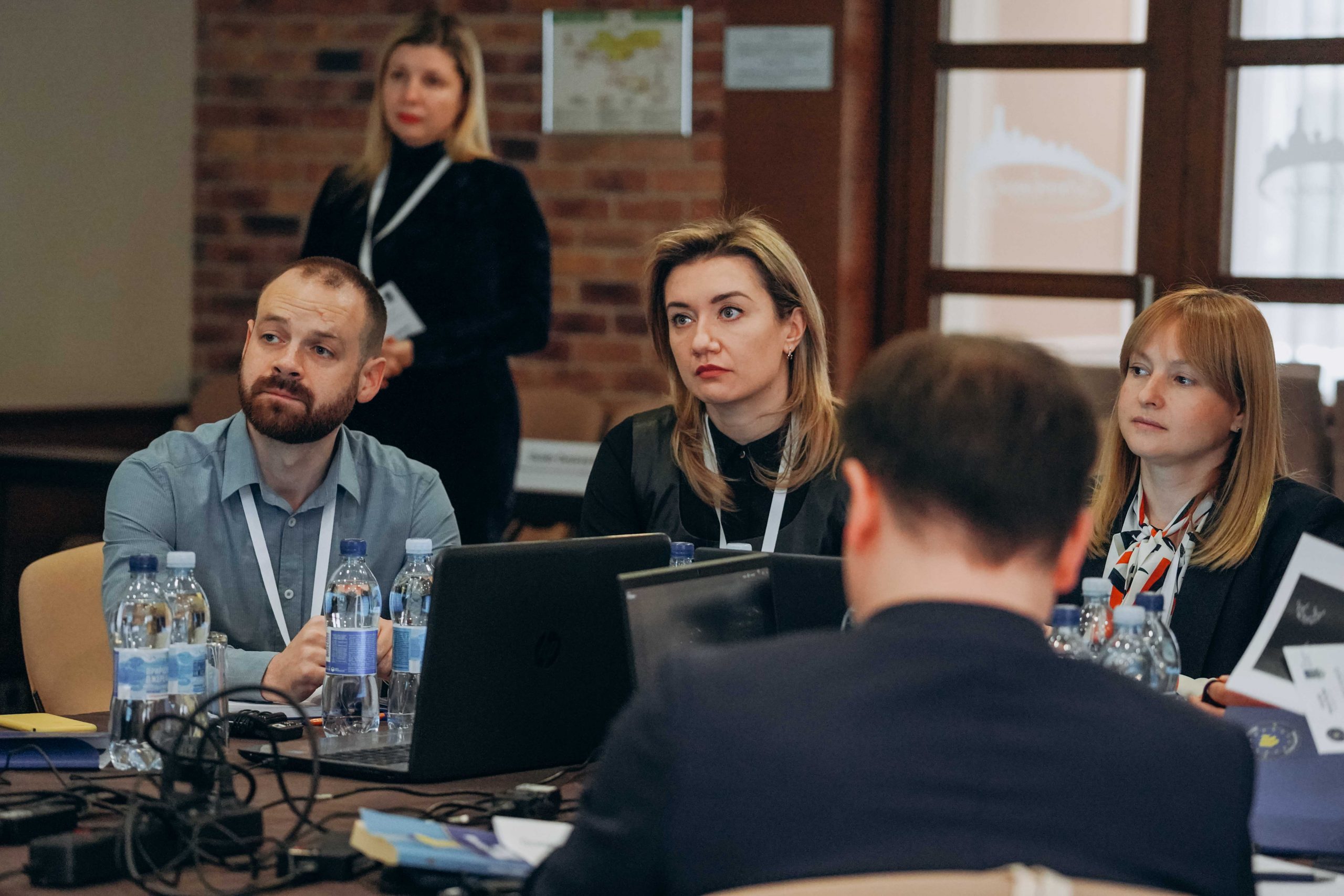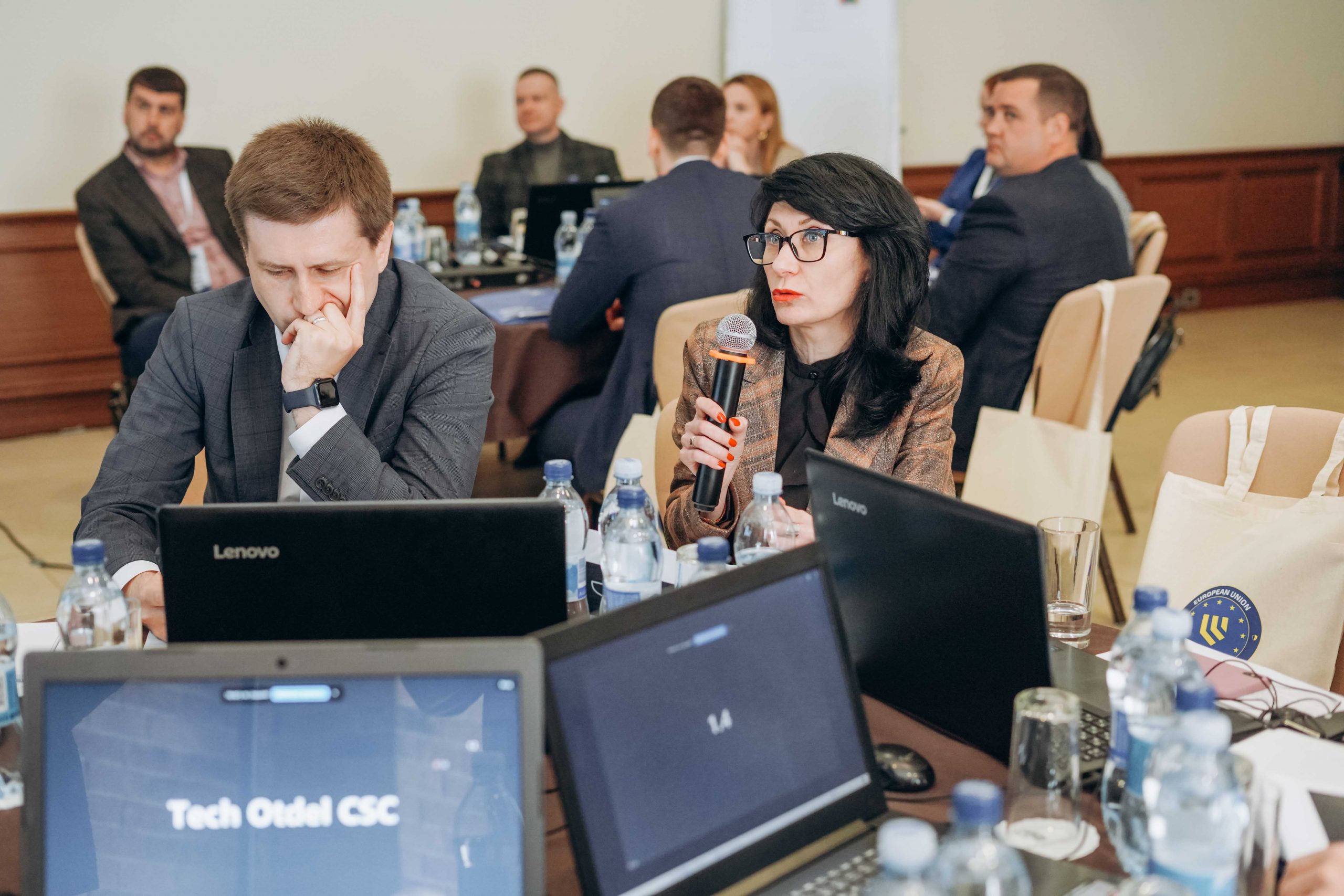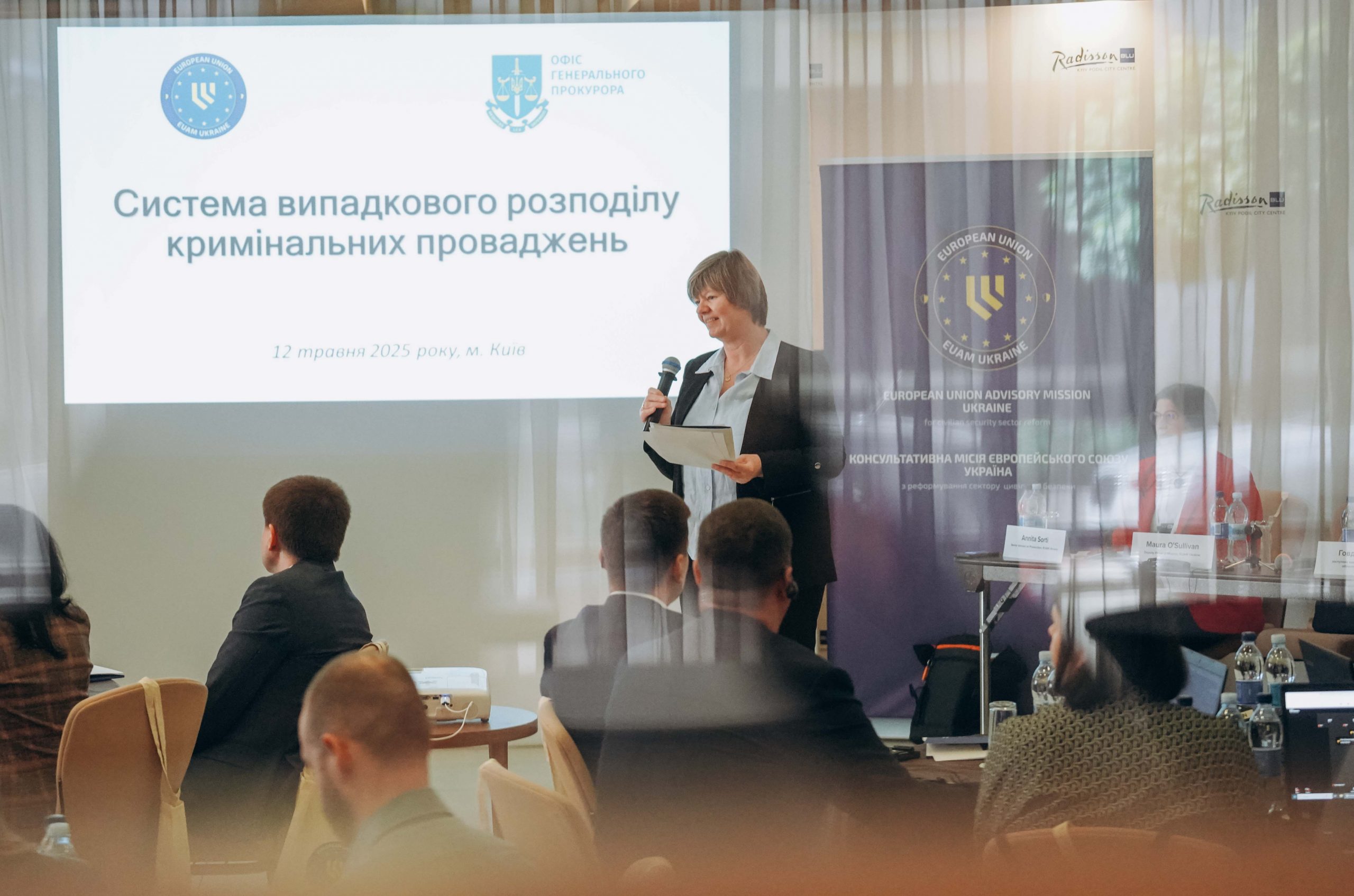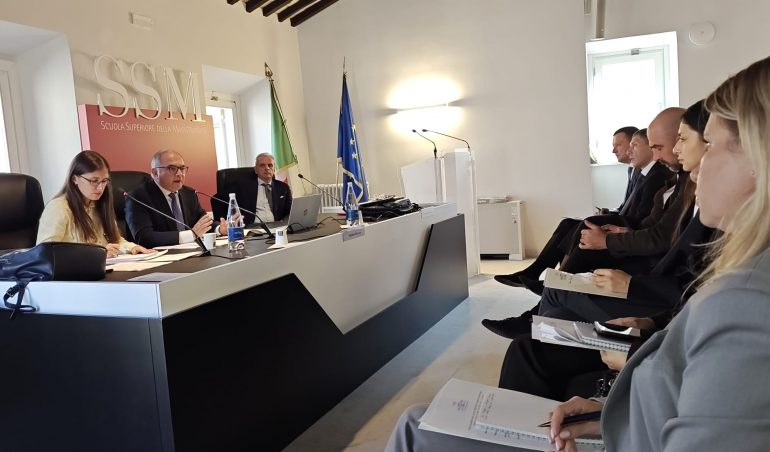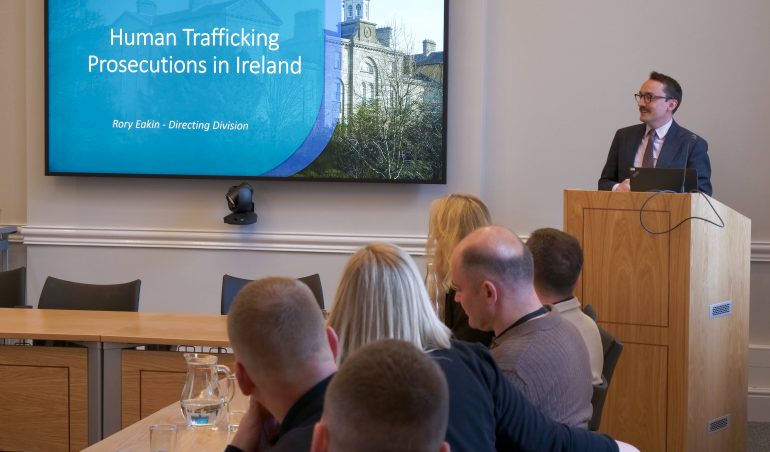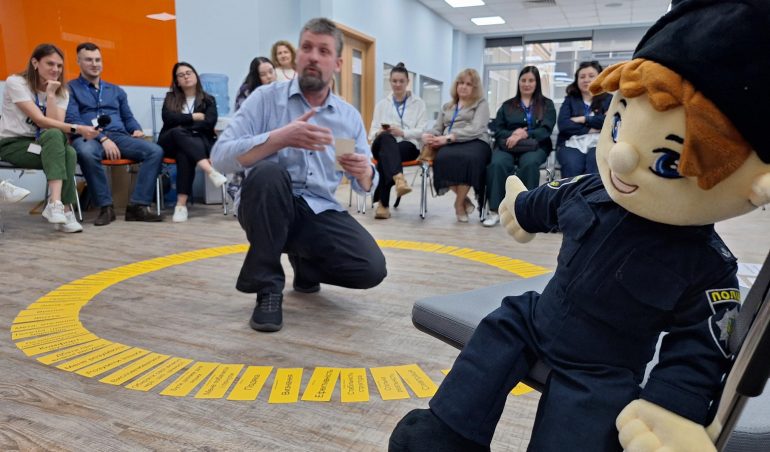Ukraine Takes Steps Toward Transparent Case Allocation
May 20, 2025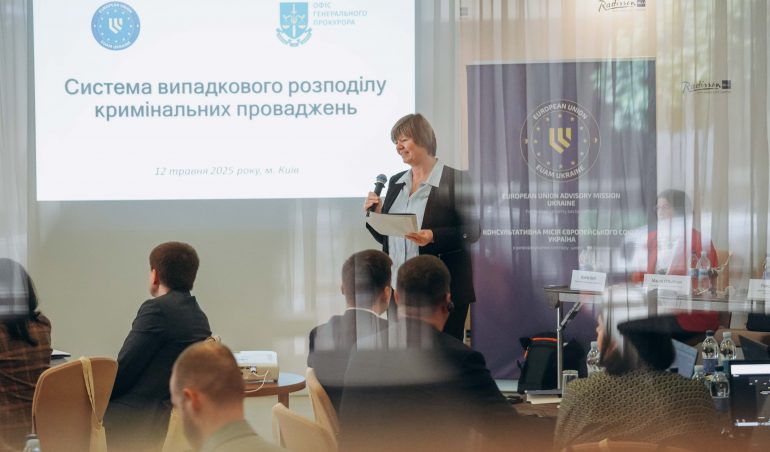
How can Ukraine’s justice system work better — not just for institutions, but for the people it serves?
This is one of the key questions facing Ukraine’s law enforcement, prosecution and judiciary as the country advances on its European integration path. One answer lies in making the prosecution service more independent, more transparent, and free from corruption or favouritism.
A core element of this reform is the introduction of a random case allocation system by the prosecution authorities of Ukraine — a modern, digital tool that removes the human factor from the assignment of criminal cases to prosecutors. Instead of decisions being made behind closed doors, cases will be assigned automatically by a computer algorithm, based on strict and objective rules, including the specialisation of prosecutors.
This reform is not just a technical upgrade. It is a direct response to GRECO recommendations — part of the Council of Europe’s anti-corruption framework — and a requirement under the EU acquis that Ukraine is aligning with on its path to membership.
To support this transformation, the European Union Advisory Mission (EUAM) Ukraine held a series of workshops on the development of the Random Criminal Case Allocation Algorithm for Prosecutors and facilitated a study visit to the Swedish Prosecution Authorities in April 2025.
The overall aim is to help the Office of the Prosecutor General (OPG) design and implement a functioning system of case distribution that can be adopted across Ukraine. The system is designed to boost efficiency and professional growth while limiting space for bias or abuse.
“The algorithm of random case allocation, about which we are talking today, will serve as one of such anti-corruption tools aiming to bring a feeling of fairness and justice both to the public and individual prosecutors. Effective and efficient prosecution authorities will also increase public trust,” said Maura O’Sullivan, EUAM Deputy Head of Mission in her opening remarks at the last workshop in the series held last week.
By sharing European best practices and supporting national ownership, such activities help Ukraine to create sustainable tools that will underpin the independence of prosecutors and reinforce institutional integrity — cornerstones of a modern justice system.


